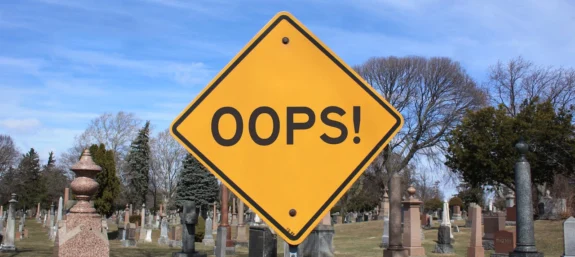
Bookies’ Mistakes: The Intricacies of Odds Changes and Voided Bets
The online sports betting landscape is both dynamic and intricate. Punters continually seek value in…

Over the past years, the debate around the regulation of online gambling has gained momentum. Some argue for a total ban, while others vouch for regulated frameworks. To get a holistic view, let’s discuss why outright bans, even with the best of intentions, might not be the optimal solution.
History offers valuable lessons. Prohibition in the 1920s aimed to eliminate the evils of alcohol, but instead, it paved the way for illegal operations, increased crime rates, and led to a loss of tax revenue.
Consider sugar, an everyday commodity. Despite clear links to health issues like diabetes and obesity, an outright ban would be impractical. Instead, awareness campaigns, labeling regulations, and taxes are used to control its consumption. Similarly, while fast food contributes to global obesity, outright bans would be counterproductive. Sensible regulations and consumer education prove more effective.
Banning online gambling can inadvertently promote underground gambling rings. Players might flock to unregulated platforms, which lack consumer protections and can be more hazardous.
Legal gambling can be a significant source of revenue for governments. Banning it means foregoing these funds, which could be used for public welfare, including awareness campaigns and support for problem gamblers.
Like consuming alcohol or indulging in sugary treats, gambling is a personal choice. With appropriate regulations, individuals can be empowered to make informed decisions without stripping away personal freedoms.
While the concerns around gambling are valid, an outright ban might not be the answer. Emphasizing responsible gambling, awareness campaigns, and strict regulations can strike a balance between protecting vulnerable individuals and upholding personal freedoms.